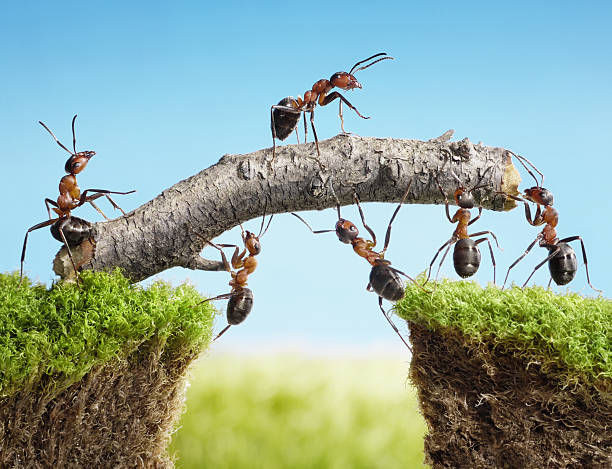1) One grad course in particular changed my life as an educator — it was a qualitative research course with Professor Ardra Cole. It was one of the last courses I took in my program, and it was not quite like any other I had experienced previously. There were about 12 students in the class, and we came from different years and from five or six different programs, so most of us did not already know each other when we began the course. What stuck with me the most from that class is what I have carried with me into every class I have taught since — from grade 8 music right up through to graduate education courses. It was that Ardra made sure that we all got to know each other and to know each other’s research projects — she took a lot of time in the first two weeks of the course to make that happen. At first it seemed like we weren’t digging into the actual content of the course, but before long, I realized that she invested a lot of time in building the relationships up front so that we would be invested in each other’s growth and so that we would be willing to be vulnerable in sharing our struggles and stumbling blocks. Because a sense of trust had been established, guided by an ethic of care, the process of giving and receiving feedback was so much more meaningful than anything I’d experienced before. We were also not only willing to share resources, but excited to share resources when we found something that we knew could be of interest to another of our classmates. We were a true community of learners. I grew tremendously as a scholar that term, not only in the quality of my work, but in the confidence I had in my work. I felt like a valued member of my class, which overpowered the sense of anxiety I usually felt around speaking up in class and offering my perspectives. Through Ardra’s class, I really found my voice as an educator.
2) Following from my transformative experience with Ardra, I believe that collaboration is the most important learning skill. Without effective communication and critical thinking skills, you can’t have effective collaboration. I’ve chosen collaboration as most important because it’s rooted in working for a collective good rather than to satisfy ego. I begin my classes every year with a collaboration diagnostic — at the start of our first or second class, I ask my students to form a circle with their chairs. The results are always interesting — as is the debrief. In order to build relationships in my classes, I try to have my students get to know each other as people — not just as other students to whom they compare themselves. I build in many opportunities to give feedback aloud — we talk a lot about what good feedback sounds like and what it feels like. As the year goes on, I return to the circle-making task or other similar tasks that are not explicitly linked to the curriculum content as a way of checking in on how we are doing with collaboration. I use the debrief of those tasks as a point of entry for talking about the development of our class as a community of learners. As the year goes on, we focus on growth as we revisit and redefine what effective collaboration looks, sounds, and feels like.
3) Collaboration
From istockphoto.com, Image #123820888



So glad you joined Cohort 21! Looking forward to your posts.
Hi Nancy @ndawe
Thank you for sharing your experiences. I think you will find many similarities in Cohort21 that you experienced in your grad class! You are going to love it.
See you Saturday.
Lisa.
@ndawe Well you are in luck. Many of the strategies that Ardra used in your grad course you will find embedded in the C21 process. It is all about the relationships.
I would love to learn more about the collaboration diagnostic you use. Sound powerful and really informative.
@edaigle @mbrims @lmitchell @tjagdeo @gnichols
Hello Nancy (@ndawe),
This is what stuck with me in your very eloquent post: “As the year goes on, I return to the circle-making task or other similar tasks that are not explicitly linked to the curriculum content as a way of checking in on how we are doing with collaboration.”
I believe so much in what you’ve said here I created a whole school around this concept. Building relationships of trust is so vital to risk taking and collaboration, there is almost nothing else you can do until that process takes place. I specifically love that you “return to the circle” more than once. I’ve found it easier to do these types of injunctions at the start of a course, but much harder to continuously build them in as checkpoints throughout the course. As with anything in teaching and learning, consistency is the key.
I very much look forward to helping you with your action plan this year. You will find the Cohort21 experience to be very much like an ant farm; from the outside it looks like nothing is happening except business; on the inside vast structures are taking shape. I hope this experience moves you as much as it has moved me.
Welcome to Cedar Group,
Eric
Nancy;
Thank you so much for sharing your experiences and learnings with Ardra Cole’s class. I wonder if we might take the time to apply some of these principles to our work with both the Academic team and the Strategic Leadership Team at UTS. Taking the time to build relationships and trust is critical and yet challenging in such a busy school. I appreciate having the opportunity to read your entries and hope that we can discuss during the course of cohort 21.